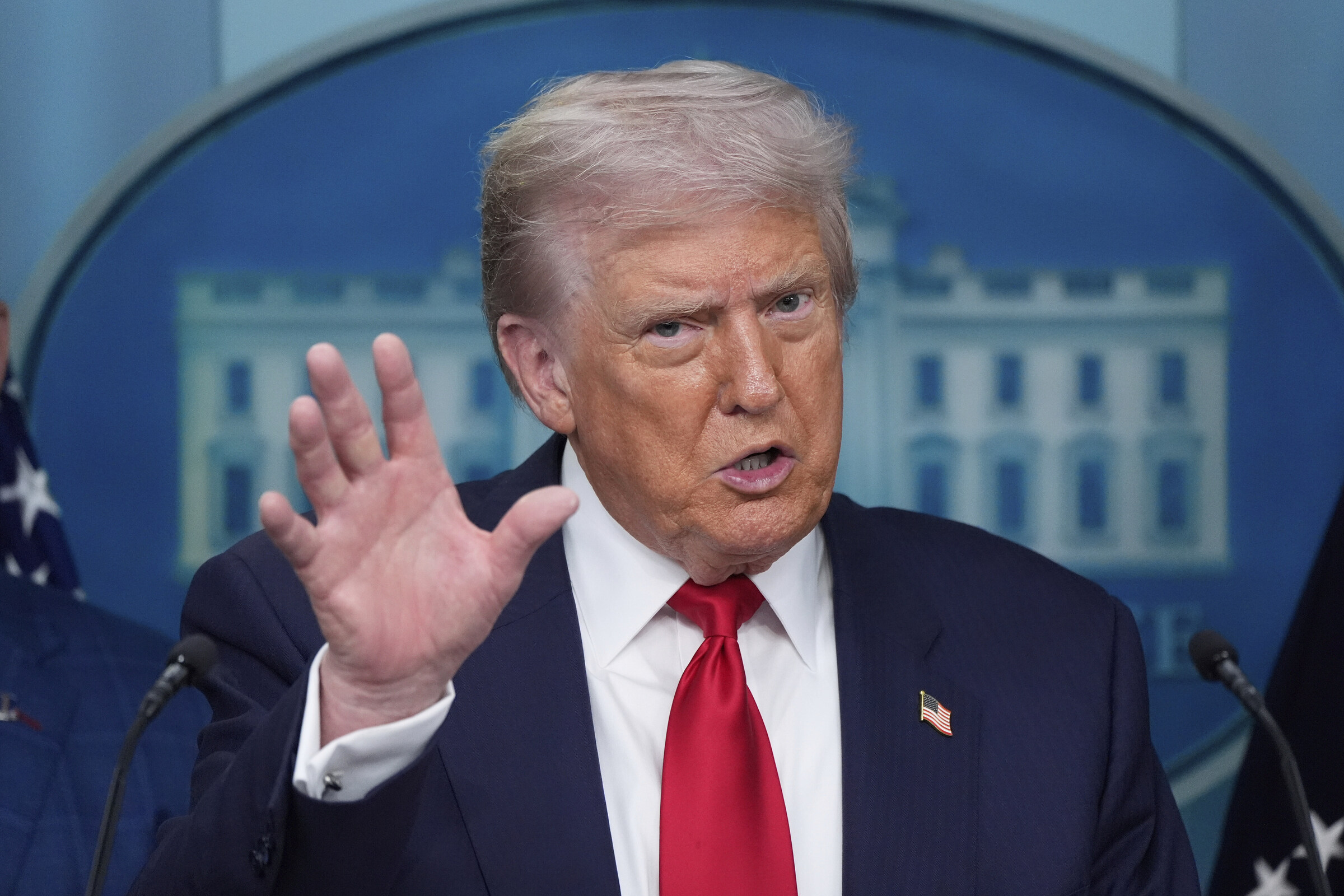"Anybody that kills anybody in the nation's capital -- it should be the death penalty," President Donald Trump said during a cabinet meeting on 26/8. "We're going to push for the death penalty. It's a very strong deterrent." He added, "I don't know whether we're ready for that in this country, but we have no choice."
This marks the latest move in the federal government's increased security presence in Washington, D.C. Just the day before, Trump signed several executive orders banning the burning or desecration of the American flag and ending the program that allows cashless bail for suspects.
 |
US President Donald Trump at the White House on 11/8. Photo: AP |
US President Donald Trump at the White House on 11/8. Photo: AP
Decades ago, Washington, D.C. had a mandatory death penalty for first-degree murder. This policy was struck down by the Supreme Court in 1972, which ruled the death penalty was being applied arbitrarily and unconstitutionally.
Four years later, the Supreme Court allowed Washington, D.C. to reinstate the death penalty with clearer guidelines. However, the D.C. Council abolished capital punishment in 1981.
The last execution in Washington, D.C. was in 1957, when Robert Carter was put to death for killing a police officer. Since then, the capital has not applied the death penalty, and a majority of the city's residents oppose it.
Washington, D.C. had experienced a 12-day streak without a homicide during the federal government's crime crackdown. This streak ended early on 26/8, when the Metropolitan Police Department reported that a 31-year-old man was killed in southeast Washington.
On his thu nhat day in office, Trump signed an executive order directing the attorney general to seek the death penalty in cases involving the killing of law enforcement officers or "serious crimes committed by illegal immigrants."
Duc Trung (CBS News, Axios)












